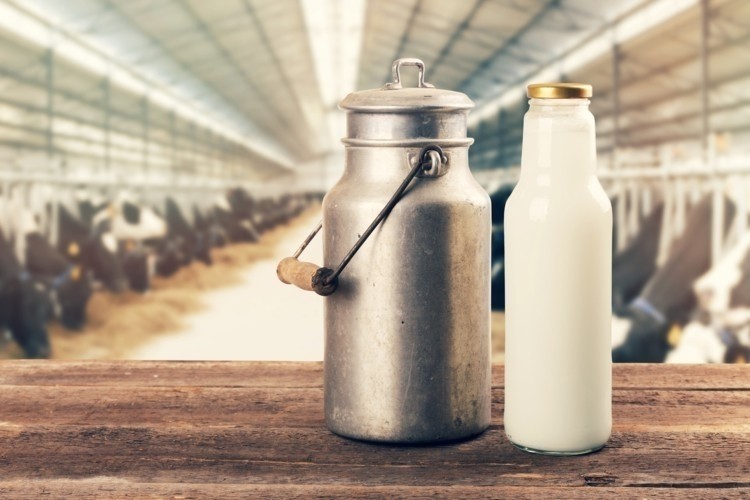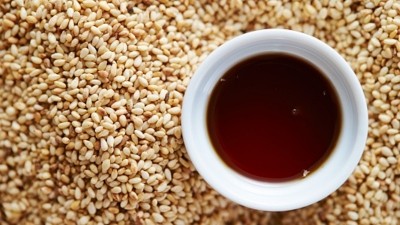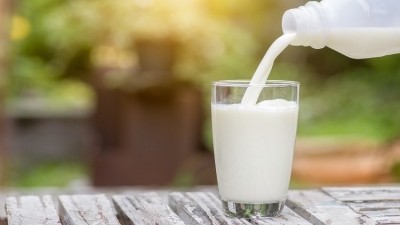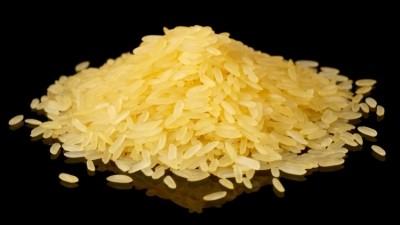‘Not sustainable’: Amul boss lambasts foreign ‘dairy dumping’ and ‘highly processed’ plant-based products as greatest dairy threats

Some 100 million families in India are dependent on the dairy industry for a living, and according to Dr Rupinder Singh Sodhi, Managing Director of Amul India and International Dairy Federation board member, recent developments such as increased milk imports and the plant-based dairy movement are causing undue threat to the traditional dairy industry.
“India is one of largest consumers of milk worldwide and also one of the fastest-growing, so when other dairy-rich countries markets are growing, everyone wants to come to India and dump their excess milk production here,” Dr Sodhi told the audience at the recent Global Dairy Congress.
“This will impact the livelihood of local Indian dairy producers which number some 100 million and is a major threat to the sustainable development of Indian dairy.
“Another major threat to the industry is the recent rise of analogue or ‘plant-based’ products. These so-called plant-based milks are not even plant-based, but are instead lab-based, highly-processed chemical foods.”
Citing one brand of almond milk, he accused the product of containing additives such as stabilisers, emulsifiers, and artificial fortifications of minerals and vitamins in its ingredients list.
“Some of these also contain vegetable oil – there is hardly any plant-based ingredients in there, not more than 7% to 8%. So how much do dairy producers get out of this? Not more than 7% to 8%,” he said.
“This means that plant-based products may be sustainable only for the particular industry, but not for the farmers, and due to the many additives used and high processing levels, it cannot even be said that it is sustainable for the country or even the environment
“We are part of the dairy industry, and the dairy producers are at the heart of this, so I feel if dairy industry goes into such lab-based, artificial, chemical-based, factory-based, highly-processed food, I don’t think we are doing justice to our people who have made the industry what it is today - so why would you want to do this and give profits to others?
“Socially, emotionally, ethically, it is not right [so please] do not promote plant-based or lab-based food over dairy as it is not sustainable and it is going to make the environment even more unsustainable too.”
India’s dairy sustainability
In addition, although a great deal of focus has been placed on the global dairy industry to reduce greenhouse gas emissions in the name of climate change and environmental sustainability, Dr Sodhi stressed that India should not be classified under the same umbrella as developed nations in this sense.
“Talking about environmental concerns, people say methane production from the dairy industry is a big issue and needs to be cut - but in reality, we know India is only producing one-tenth or less the methane emissions of developed countries at just 1.64MT per year as opposed to say 10.4 MT per year in Germany or 17.6MT per year in USA,” he said.
“So at this stage, I don’t think that emissions is something India should be bothering about quite so much right now.
“At any rate, India already has one of the world’s most sustainable dairy systems – we produce a lot of rice, wheat, sugarcane, etc. and grains and pulses are a major source of nutrients for our 1.35bn population – but whatever remains (roughages, leftover grains) is used to feed the cows and buffaloes.
“No milk produced is wasted as 40% of this is self-consumed by the 100 million farmers, 20% is sold in villages, and the remaining 40% surplus goes to urban consumers where half is sold through the organised sector and the other half through the unorganised sector. Even the cow dung is not wasted – this is kept and used to produce gas, as fuel and as manure for agriculture. Without it, more chemical fertiliser used would affect soil health.”
Sustainability for the community
Dr Sodhi also stressed that sustainable development should not just focus on an environmental point of view, but also benefit the community producing said milk.
“India is the only country where over 70% of what consumers pay for milk in cities goes back to milk producers, twice the amount in developed nations,” he said.
“In other countries, including developed countries, this is more along the lines of 20% to 35%.
The value of the Indian dairy industry currently stands at some US$100bn - more than paddy, wheat or pulses put together and worth 30% of Indian agriculture, added Dr Sodhi.






















